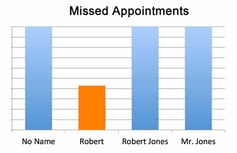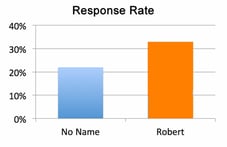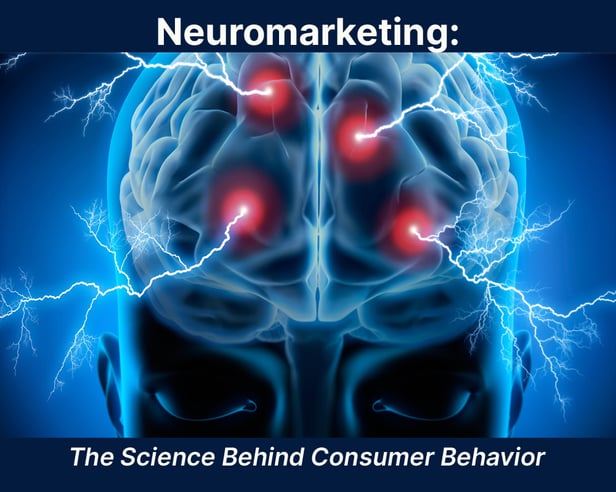What is it about brands that make you feel like a VIP? Why are some consumer experiences so much more memorable and meaningful than others? Maybe it's all in the name.
Think of the brands that you immediately know what they promise: UPS, Coca-Cola, Apple. The very definition of branding is the emotional relationship a business has with its customers. It’s the subconscious or semiconscious feeling you get when you think of the company or the product.
But advances in technology combined with the surge in e-commerce correlate with a sharp decline in brand loyalty. According to a 2017 Forbes Insight study, only 1 in 4 business leaders believes customers are loyal to brands, while 62% say the concept of loyalty is now close to obsolete.
Why?
It’s simple. Customers don't value the brand; they value the experience they have with the brand. While technology enables countless ways for companies to connect with customers, the bottom line is that a more personalized experience makes the brand more meaningful and memorable. Isn’t that the holy grail of brand identity? Meaningful and memorable?
Dale Carnegie's sixth principle in “How to Win Friends and Influence People” is, “Remember that a person’s name is to that person the sweetest and most important sound in any language.”
Since the initial publication in 1936, we have good hard data to back that statement up. Study after study shows that consumer response rates increase with personalized content.
According to SaleForce’s State of the Connected Consumer report, personalization isn’t nice to have, it’s an essential feature of a good customer experience. 84% of more than 6,700 people surveyed said that being treated like a person, not a number is important to winning their business and customers are 2.1 times more likely to perceive personalized offers as more valuable than non-personalized offers.
Customers expect brands to remember their names and preferences throughout their customer journey. Margaret or John is a much more effective way to make that personal connection than order number 684.
Authors, Robert Cialdini, Steve Martin, and Noah Goldstein share another personalization study in their book, The Small BIG. Researchers analyzed a simple change to text message appointment reminders from doctor’s offices. Simply adding the first name to the message cut the no-shows by 57%.
Another experiment showed that adding the recipient’s first name to a text message boosted the response rate for collections, too – an increase of 43%. That simple little change generated a big return.
Starbucks Strikes Gold in the Human Social Experience
If you think that Starbucks’ system of hand-writing customer’s names on the cups and calling them out for pick-up is a result of being technology challenged, think again. Their mobile app is genius - it pokes you when you're near a store, gently nudging you to c'mon in for what you didn't even know you were jonesing for a minute ago, and then come back to do it again tomorrow without ever associating the experience with a cost.
Starbucks doesn't have to track orders "old-school." Surely, somewhere in their system there is a way to print a sticky ticket and slap it on the cup. But, from a neuroscience perspective, creating a customer experience that identifies the customer by name numerous times – both spoken and hand-written is pure gold.
That tiny little detail checks all the boxes for a satisfying human experience. SCARF is an acronym for five domains of human social experience developed by David Rock.
-
Status is about relative importance to others – asking for your name instead of giving you a receipt with an order number immediately raises your status.
-
Certainty concerns being able to predict the future – writing your name on the cup right there in front of you gives you a sense of certainty that a barista is going to prepare your cup of java just how you want it.
-
Autonomy provides a sense of control over events – having the freedom to wander the store while you listen for your name to be called meets your need for autonomy.
-
Relatedness is a sense of safety with others, of friend rather than foe – that smiling employee who delivers a personalized cup of goodness could almost be your friend, right?
-
Fairness is a perception of fair exchanges between people – the experience begins and ends with a personal exchange that involves your name.
Dale Carnegie would be proud, indeed.
Learn more about the unconscious influences on consumer behavior!










